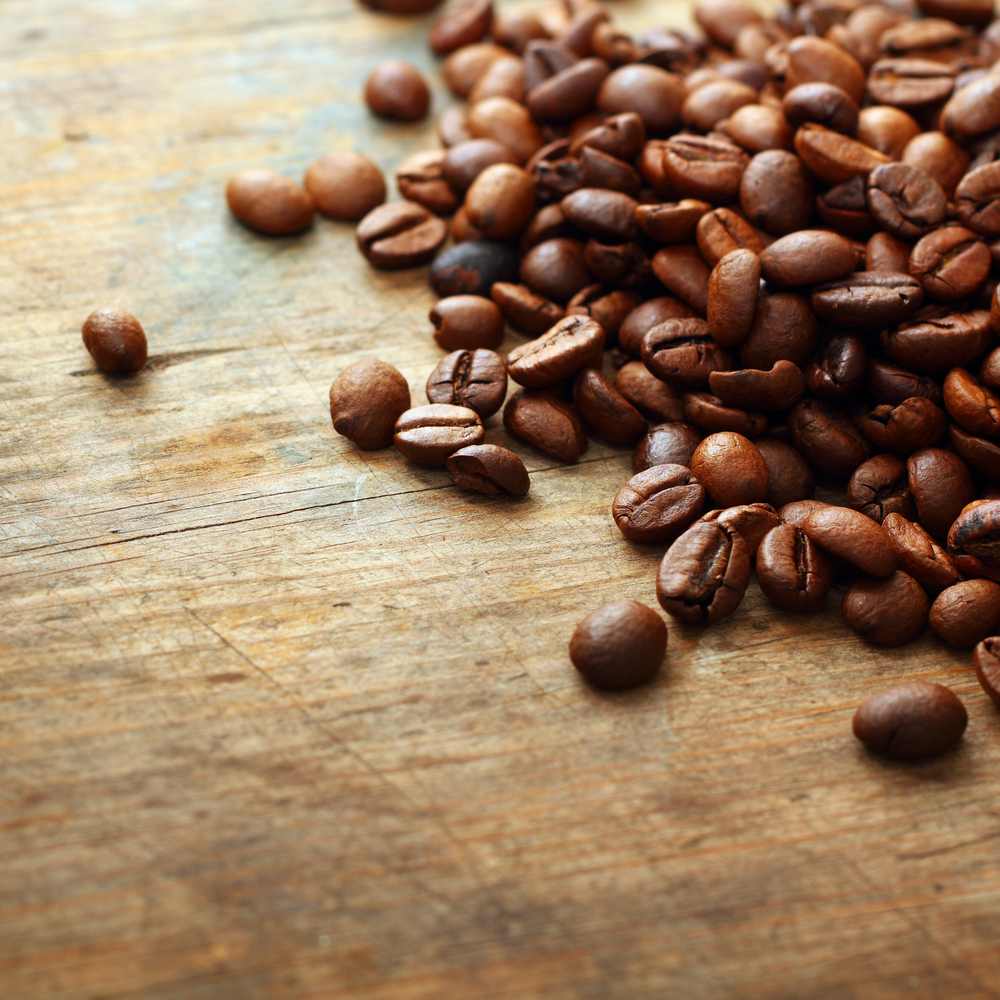Canada suggests limits for caffeine

Health Canada has published recommendations for limiting caffeine from foods and beverages consumed by specific population groups. In recent years, Canadian health authorities have expressed concerns about the safety of excessive levels of caffeine for consumers. While the government previously issued guidance for caffeine from energy drinks, the new recommendations refer to total caffeine intake derived from various sources, including energy drinks, chocolate, tea, coffee, health products and medicines.
Health Canada has provided the following recommendations for Canadians to limit their daily caffeine intake.
- Healthy Adults:No more than 400 mg of caffeine per day – about three 8 oz cups (237 mL) of brewed coffee per day
- Pregnant or breastfeeding women and women who are planning to become pregnant: No more than 300 mg of caffeine per day – a little over two 8 oz (237 mL) cups of coffee
- Children aged 4 to 6: No more than 45 mg per day
- Children aged 7 to 9: No more than 62.5 mg per day
- Children 10 to 12: No more than 85 mg per day
- Adolescents 13 and older: No more than 2.5 mg/kg body weight
A few years ago, Health Canada established limits on caffeine in energy drinks and announced plans to transition all caffeinated energy drinks (CED) to be under the Canadian food regulations.
Historically, energy drinks had been classified as a Natural Health Product (NHP) and not mandated to comply with the more stringent Canadian food regulations.
Under the current Canadian proposal to revise the nutrition labeling requirements for prepackaged foods, the Nutrition Facts table would be modified to highlight certain elements of public health concern, including calories, sodium, and added sugars. In 2014, Health Canada proposed changes to the declaration of the sugars content of food, including disclosure of the amount of “added sugars” in a food product and/or adding a % Daily Value (DV) for “total sugars”. Additional proposed changes include requiring the declaration of potassium and vitamin D in the Nutrition Facts table. Moreover, Health Canada suggested that food labels might include “an optional information box highlighting the presence of certain bioactive components, such as caffeine.”
Source: Health Canada

